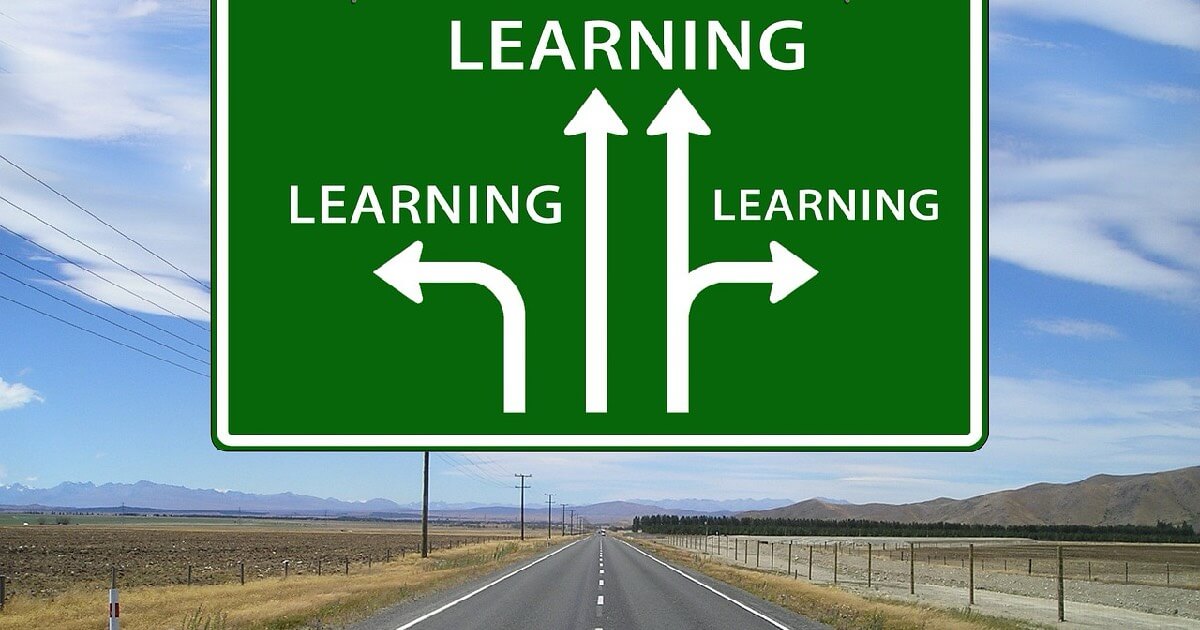Recovering from a substance use disorder involves more than abstaining from drugs and alcohol. It also involves adopting a new way of life that nurtures your recovery and promotes sobriety. One of the best ways to do this is by learning essential life skills, which are skills that help you make the most of life. By building up these skills, you can learn to deal effectively with the challenges of life and eliminate the need for drugs or alcohol.
Below are some important life skills that you will learn during your time in addiction treatment and how they can help support your journey.
Communication
Communication skills are vital skills that allow you to communicate effectively with other people in your environment. Many people who experience addiction have trouble communicating with others, causing them to get easily frustrated in everyday conversations. Now that you are sober, you’ll have an easier time managing your emotions—but you still need to work on how you communicate.
Keep in mind that communication exists in many forms, including verbal and non-verbal communication, active listening, the ability to express feelings and give feedback, empathy and negotiation. In treatment, you will be given opportunities to work on these skills. For instance, group therapy provides a safe space where you can work on becoming a better listener, talk openly and honestly about your experiences and have conversations without getting defensive.
Emotional Regulation
Another skill that many people with addiction struggle with is emotional regulation. While substance use does make it much harder to regulate your emotions, it’s common to continue experiencing dysregulation even once you are sober. It’s often these imbalances that contribute to substance use in the first place.
If you have a mental health disorder that has led to emotional dysregulation, medications like stimulants and antidepressants can help. A holistic treatment center will also introduce other ways to manage your emotions, such as meditation, deep breathing exercises, journaling and labeling your emotions.
Good Self-Care
Recovery is a way of life. If you don’t take care of yourself, you can wear yourself out and increase the risk for relapse. Thankfully, practicing good self-care is one of the best ways to ensure your needs are being met. If they are not, you can make adjustments to nourish the parts of you that need more attention.
So what does good self-care involve?
- Making healthy lifestyle choices.You should be eating wholesome meals, exercising daily and getting enough rest at night.
- Avoiding unhealthy lifestyle choices.It’s equally important to cut out unhealthy habits, such as smoking, drinking and engaging in risky behaviors.
- Taking prescription medications responsibly.Always follow your doctor’s orders. Take your medications on time and in the proper dosage. Unused prescription medication should be discarded properly.
- Recognizing symptoms.Assess and address any symptoms you are experiencing, whether they are related to your mental or physical health. This allows you to get ahead of potential problems before they interfere with your recovery.
- Managing symptoms of disease.Together, with your doctors, you should be managing symptoms of disease. If something is not working, or your symptoms return, talk to your treatment team.
Decision Making
Emotional regulation and decision making are interrelated. It’s difficult to make smart decisions when your emotions are running high. As you learn how to regulate your emotions, you can calm yourself down, process your thoughts and feelings and reach a conclusion. This will help in making informed and balanced decisions for yourself.
Research shows that people who make impulsive decisions have poorer treatment outcomes and are more likely to drop out of treatment. This means that decision making is an essential skill that will not only improve your life but also allow you to maintain sobriety. As you progress through treatment, you will be given opportunities to make more decisions for yourself and discuss the outcomes in your support groups and therapy sessions.
Time Management
Whether you seek treatment at an inpatient or outpatient recovery center, you will learn a lot about structuring your days appropriately. The goal is to fill your day with constructive activities that nourish your mind, body and spirit so that you eliminate boredom. However, it’s also important not to overdo it, as this can lead to stress and burnout.
Time management skills are important when rebuilding your life. You’ll learn how to structure your days, leaving time for relaxation and self-care. Having this type of balance in your life will also make it easier to deal with challenges when they arise.
Social Skills
If you struggle with social anxiety, role playing and group therapy will help alleviate these anxieties. Social skills tie in perfectly with communication skills, though they focus more on the behavioral aspect of individuals. By learning essential social skills—observation, listening, conflict resolution, empathy, cooperation—you can also create new friendships and relationships, which prevents loneliness and isolation.
Are you ready to start your recovery? Remember, recovery is more than abstaining from drugs and alcohol. It involves a complete overhaul of your life. The good news is that you will finally be “whole” again. Many people suffer with mental, emotional and physical problems before their addiction, and by treating the substance use and the underlying factors, they are able to restore peace and balance in their lives. Contact Pura Vida Recovery today to start your journey.





